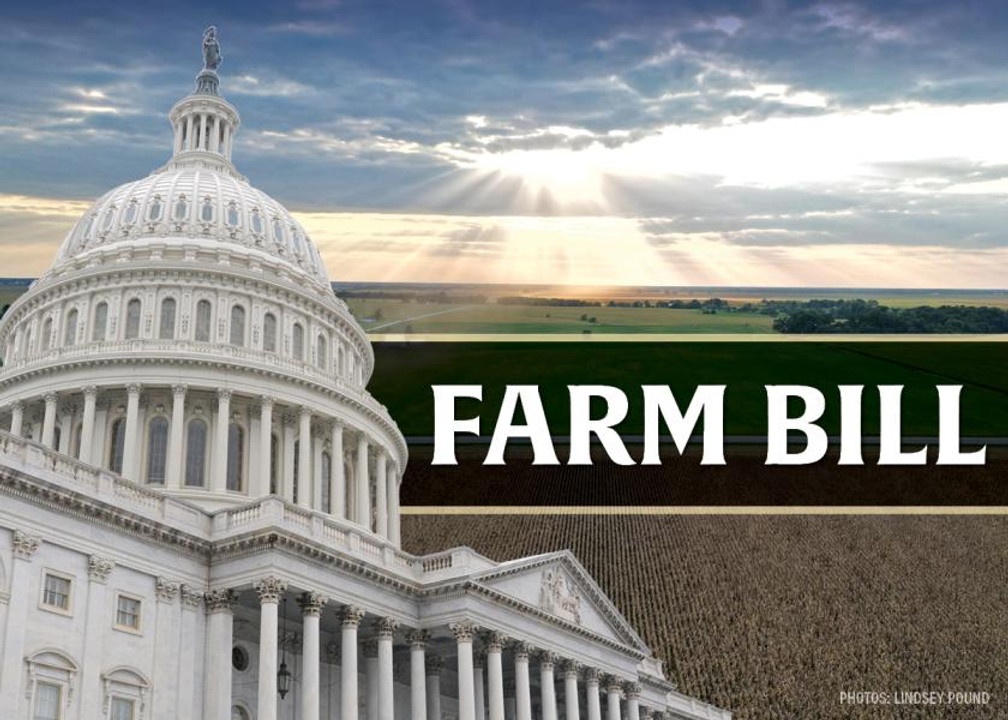The 2018 Farm Bill: How It Made THCA Legal and What It Means for You
Introduction
The 2018 Farm Bill, officially known as the Agriculture Improvement Act of 2018, marked a pivotal moment in the history of U.S. agricultural and hemp legislation. Among its many provisions, one of the most significant impacts has been on the legality of cannabinoids, including THCA (tetrahydrocannabinolic acid). This comprehensive piece of legislation not only legalized industrial hemp but also paved the way for a clearer understanding of cannabinoids like THCA. In this article, we'll explore how the 2018 Farm Bill made THCA legal, what it means for consumers, and the broader implications for the hemp industry.
Understanding the 2018 Farm Bill
Signed into law by President Donald Trump on December 20, 2018, the 2018 Farm Bill brought significant changes to U.S. agricultural policy, with a particular focus on hemp. The key provisions of the bill related to hemp include:
- Legalization of Hemp Cultivation: The bill removed hemp (defined as cannabis containing less than 0.3% THC) from the Controlled Substances Act, thus legalizing its cultivation, processing, and sale.
- Establishment of Federal Hemp Regulations: It established a framework for federal regulation of hemp and hemp-derived products.
- Clarification on THC Levels: The bill specified that hemp-derived products must contain less than 0.3% THC to remain legal.
How the 2018 Farm Bill Made THCA Legal
1. Hemp and THCA Defined
Before the 2018 Farm Bill, cannabis and its derivatives were largely classified under the Controlled Substances Act, creating legal uncertainties. With the Farm Bill's passage:
- Hemp Definition: The bill defined hemp as cannabis with less than 0.3% THC by dry weight.
- THCA: THCA is the non-psychoactive precursor to THC. In its natural form, THCA does not produce a high, as it must be decarboxylated (converted into THC) through heat to become psychoactive.
2. Legal Implications for THCA
The 2018 Farm Bill's definition of hemp included all cannabinoids derived from hemp, provided they are not processed into a substance with more than 0.3% THC. As THCA itself is non-psychoactive and falls under the umbrella of hemp-derived cannabinoids, it became legally permissible under the bill's provisions.
- Non-Psychoactive Status: Since THCA does not produce a high, it was categorized as a non-controlled substance as long as the final product adheres to the THC limit.
- Hemp-Derived Products: Products containing THCA, such as raw hemp extracts and certain health supplements, became legal, provided they comply with the THC concentration limits.
Implications for Consumers and Industry
1. Broader Availability of THCA Products
With the legal status of THCA clarified, a range of products has become available to consumers. These include:
- Raw Hemp Extracts: These products often contain THCA and are used for various health benefits.
- Health Supplements: THCA-infused supplements are marketed for their potential therapeutic benefits without the psychoactive effects of THC.
2. Impact on the Hemp Industry
The 2018 Farm Bill has had a transformative effect on the hemp industry:
- Increased Innovation: The clarity around legal cannabinoids has led to innovation in product development, including THCA-based products.
- Economic Growth: Legal hemp cultivation and processing have contributed to economic growth in rural areas and the development of a new sector within agriculture.
- Regulatory Framework: The establishment of a federal framework for hemp has streamlined compliance and regulation, benefiting both producers and consumers.
3. Legal and Regulatory Considerations
Despite the progress made, it's important for consumers and businesses to remain aware of legal and regulatory nuances:
- State Regulations: Some states may have additional regulations or restrictions regarding hemp and its derivatives.
- Product Testing: Ensuring products meet the legal THC limits is crucial for maintaining compliance and avoiding legal issues.
Conclusion
The 2018 Farm Bill was a landmark piece of legislation that revolutionized the landscape of hemp and cannabinoid legality in the United States. By defining hemp and establishing clear guidelines for THC content, the bill effectively made THCA legal, opening the door for a variety of new products and innovations. For consumers, this means greater access to hemp-derived health products, while the industry benefits from increased opportunities and clearer regulations. As the hemp sector continues to grow, staying informed about legal developments and product standards will be key to navigating this evolving field.
Keywords: 2018 Farm Bill, THCA legality, hemp legalization, industrial hemp, cannabinoids, tetrahydrocannabinolic acid, hemp-derived products, THC limits, hemp industry growth, federal hemp regulations.
Learn More About THCa, Delta 8, & More!
-
Understanding THCA, Delta 9, Delta 8, and THC-P Concentrates: The Future of Clean Cannabis
16th Oct 2024As cannabis continues to evolve, the market has seen a rise in the popularity of various cannabinoid
-
THCA Pre-Rolls: Understanding Their Effects and Varieties
16th Oct 2024THCA pre-rolls have gained significant popularity among cannabis enthusiasts for their unique charac
-
The Advanced State of Cannabis Genetics: A Focus on THCA Strains and High Potency THC
16th Oct 2024The world of cannabis genetics has evolved dramatically in recent years, with breeders pushing the b




